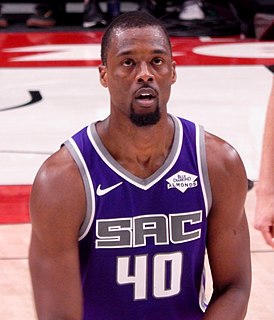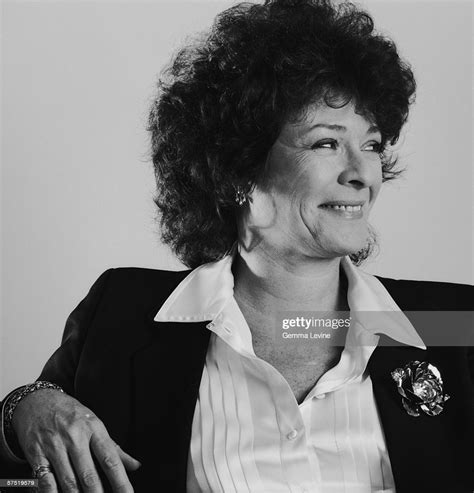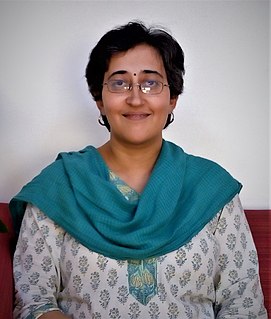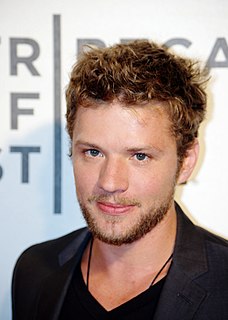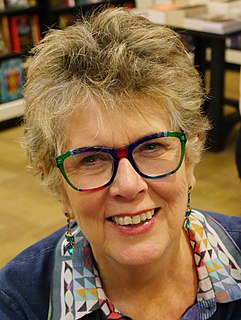A Quote by Neill Blomkamp
I actually think Johannesburg represents the future. My version of what I think the world is going to become looks like Johannesburg.
Related Quotes
Two of the last four executive editors at the New York Times were Johannesburg bureau chiefs at some point, Bill Keller and Joe Lelyveld. This is a very prestigious post and I was like I don't know 28 years old, which at the Times is very young, I had the temerity to put my hand up for that job. I don't think I slept a single night of those six weeks that I spent in Johannesburg. It was an unbelievable experience, and I think I did okay.
What interests me is to paint the kind of antisensitivity that impregnates modern civilization. I think art since Cezanne has become extremely romantic and unrealistic, feeding on art. It is Utopian. It has less and less to do with the world. It looks inward - neo-Zen and all that. Pop Art looks out into the world. It doesn't look like a painting of something, it looks like the thing itself.


